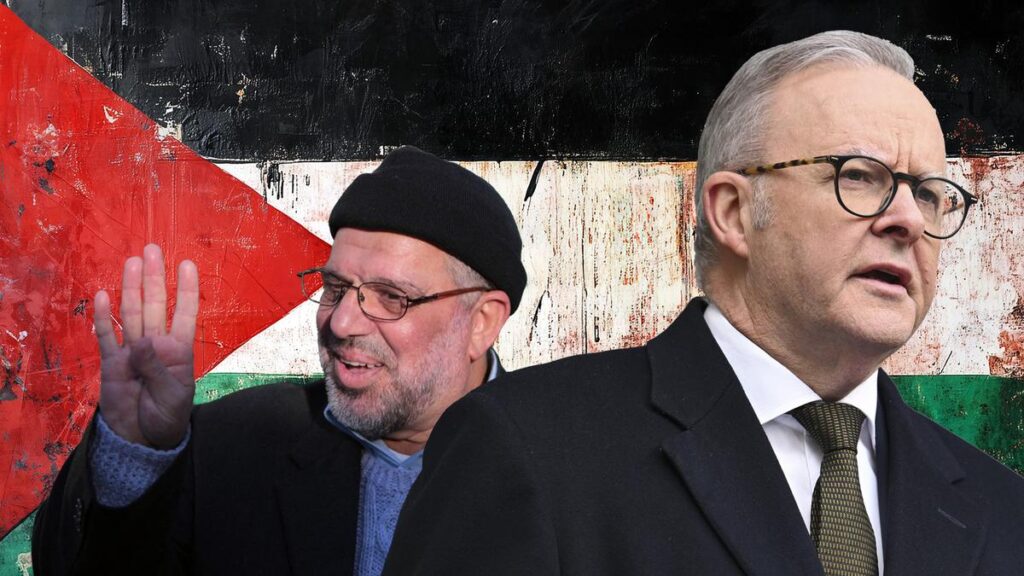
Anthony Albanese Recognising Palestine llustration: Don Lindsay
Michaelia Cash, a prominent Australian politician, criticized Prime Minister Anthony Albanese for his support of Palestinian statehood, claiming it amounts to a “reward for terror.” This statement reflects the ongoing debate surrounding Australia’s stance on the Israel-Palestine conflict and the implications of funding and recognition for Palestinian governance.
In a recent address, Cash expressed her concerns regarding Albanese’s approach, asserting that it could embolden militant organizations like Hamas. According to Cash, this move represents a significant propaganda win for the group. She stated that all Australians should be “appalled” by what she perceives as a concession to terrorism.
The discussion surrounding Palestinian statehood has intensified in the wake of escalating violence in the region. The Albanese government’s support for Palestinian autonomy has garnered both praise and criticism. Advocates argue that recognizing Palestinian statehood is a step towards peace, while opponents like Cash assert that it undermines Israel’s security.
Australian political leaders are divided on this issue. Cash’s remarks echo sentiments from various factions within the government, illustrating the complexity of international relations in the region. The Australian government has faced pressure to clarify its position on the ongoing conflict, particularly after the latest developments in the Middle East.
Critics of Albanese’s proposal have highlighted the potential consequences of such recognition. They argue that it could lead to increased tensions between Israel and Palestine, further complicating an already fraught situation. Supporters, on the other hand, maintain that acknowledging Palestinian statehood is essential for a durable peace agreement.
Data from recent polls indicate that Australian citizens have mixed feelings about the government’s foreign policy direction. A significant portion of the population is in favor of a balanced approach that considers the rights of both Palestinians and Israelis.
As the situation evolves, the Albanese administration will need to navigate these complex dynamics carefully. The international community watches closely, as Australia’s actions could influence broader geopolitical relationships.
In conclusion, the debate over Anthony Albanese’s Palestinian statehood proposal highlights the challenges Australia faces in balancing its foreign policy objectives. With voices from both sides of the aisle calling for different approaches, the coming months will be crucial in shaping the nation’s role in the Israel-Palestine conflict.







